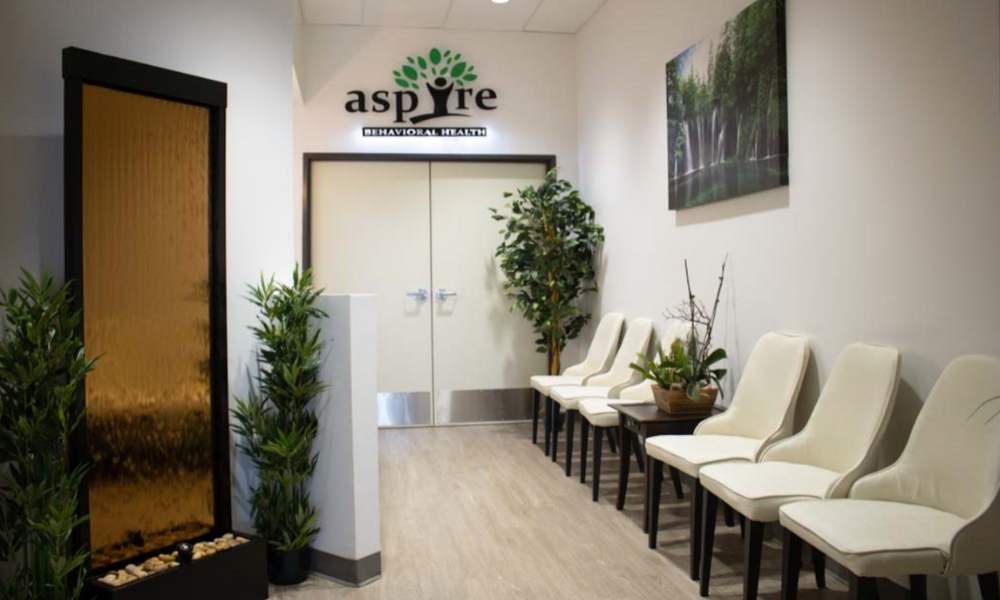Welcome to
On Feet Nation
Members
Blog Posts
Top Content
Depression Treatment: Options for Managing Symptoms
Depression is a common mental health condition that affects millions of people around the world. It is characterized by persistent feelings of sadness, hopelessness, and lack of interest in activities that were once enjoyable. If left untreated, depression can lead to serious complications such as suicide, substance abuse, and physical health problems. However, there are several effective treatment options available for managing depression symptoms.
1. Psychotherapy: Psychotherapy, also known as talk therapy, involves working with a mental health professional to identify and change negative thought patterns and behaviors. Cognitive-behavioral therapy (CBT) and interpersonal therapy are two commonly used forms of psychotherapy for depression.
2. Antidepressant medication: Antidepressant medication works by balancing chemicals in the brain called neurotransmitters. Some common types of antidepressant medications include selective serotonin reuptake inhibitors (SSRIs), tricyclic antidepressants (TCAs), and monoamine oxidase inhibitors (MAOIs).
3. Electroconvulsive therapy (ECT): ECT is a medical procedure used to treat severe depression that has not responded to other treatments. ECT involves applying electrical stimulation to the brain while the patient is under general anesthesia.

4. Light therapy: Light therapy involves exposing the person to bright light, typically first thing in the morning, for a specific period of time. This treatment is often used for seasonal affective disorder (SAD), a type of depression that occurs during the shorter, darker days of winter.
5. Mindfulness and meditation: Mindfulness and meditation are techniques that help individuals become more aware of their thoughts and emotions in the present moment. Research has shown that mindfulness and meditation can reduce symptoms of depression and anxiety.
6. Exercise: Regular physical activity has been shown to improve mood and decrease symptoms of depression. Exercise releases endorphins, natural mood-boosting chemicals in the body.
It's important to remember that every person's experience with depression is unique, and what works for one person may not work for another. It may take some time to find the right combination of treatments that work best for you. It's also important to work with a mental health professional to ensure that treatments are safe and effective.
Psychotherapy: Talking with a mental health professional to identify and change negative thought patterns and behaviors.
Medications: Antidepressants, mood stabilizers, and antipsychotics may be prescribed to alleviate symptoms.
Lifestyle changes: Exercise, diet, sleep, and stress management can improve mood and overall health.
Light therapy: Exposure to bright light can help regulate sleep and improve symptoms in some people.
Electroconvulsive therapy (ECT): A medical procedure used in severe cases of depression, where electric currents are used to stimulate the brain.
Alternative therapies: Some people may find relief with complementary therapies such as acupuncture, massage, or mindfulness meditation.
Support groups: Connecting with others who understand the experience of depression can provide emotional support and improve overall well-being.
Hospitalization: In severe cases, hospitalization may be necessary for stabilization and treatment.
In conclusion, depression is a treatable condition and there are several effective treatment options available. If you are experiencing symptoms of depression, seek help from a mental health professional. With the right treatment and support, it is possible to manage depression symptoms and improve your quality of life.
Click here for more information:-
© 2024 Created by PH the vintage.
Powered by
![]()
You need to be a member of On Feet Nation to add comments!
Join On Feet Nation